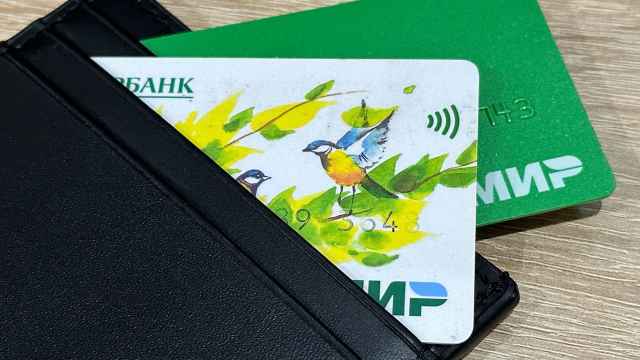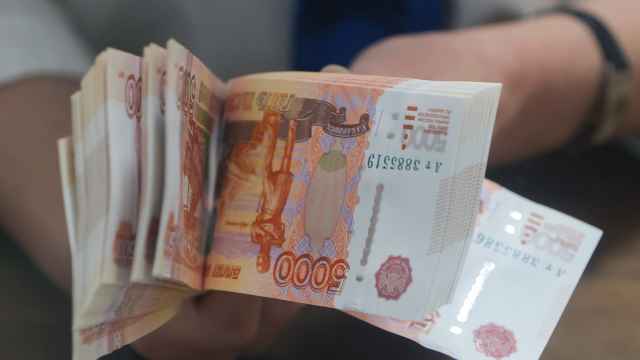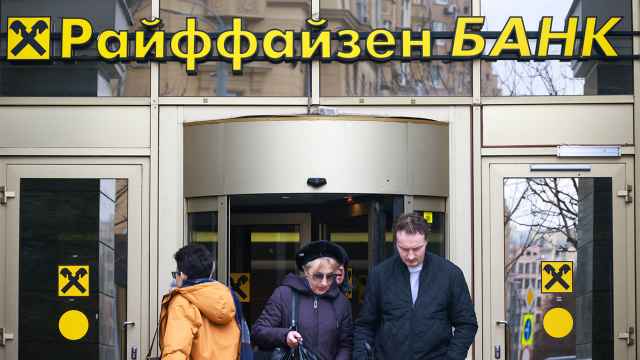One in three Russians have encountered restrictions on bank transfers or card usage since the Central Bank introduced new anti-fraud measures, according to a recent nationwide survey by the Russian Finance Mail newspaper.
The survey, which polled more than 7,600 respondents across all Russian regions, found that 30.8% of participants had experienced blocked transfers or frozen cards under the new policy. Another 4.4% said they faced such restrictions regularly.
The measures, which went into effect on May 15, give banks the authority to limit transfers and block cards in cases of suspected fraud.
The Central Bank maintains a national database of suspicious transactions. Once a customer is added to the list, they are subject to a monthly transfer cap of 100,000 rubles ($1,280), either to themselves or from others.
According to the survey, 34.9% of respondents expressed strong opposition to the new transfer cap, while 28% voiced support, seeing it as a necessary step to curb fraud. Another 16.6% raised concerns about potential rights violations, and 4% remained neutral.
Skepticism over the effectiveness of the measures was widespread. Just 10.4% believed the new rules would significantly deter or punish fraudsters. In contrast, 37.4% said ordinary consumers would bear the brunt of the restrictions, not criminals.
Nearly half of respondents, 49.6%, described the level of control exercised by banks and government authorities as excessive.
More than one-fifth (21.2%) admitted they were anxious about being mistakenly flagged as suspicious, while only 8.2% said they felt reassured by the new safeguards.
The data highlights public unease over financial oversight in Russia, especially as economic uncertainty persists under the weight of Western sanctions and tightening domestic controls.
Among those who feared being added to the Central Bank's watchlist, 27.2% said they would attempt to be removed, 20% would consider switching banks and 15.2% said they would file official complaints. However, 9.5% doubted the effectiveness of any appeal.
The Central Bank has defended the policy, saying it is designed to “allow essential transfers while restricting the movement and withdrawal of stolen funds.”
A Message from The Moscow Times:
Dear readers,
We are facing unprecedented challenges. Russia's Prosecutor General's Office has designated The Moscow Times as an "undesirable" organization, criminalizing our work and putting our staff at risk of prosecution. This follows our earlier unjust labeling as a "foreign agent."
These actions are direct attempts to silence independent journalism in Russia. The authorities claim our work "discredits the decisions of the Russian leadership." We see things differently: we strive to provide accurate, unbiased reporting on Russia.
We, the journalists of The Moscow Times, refuse to be silenced. But to continue our work, we need your help.
Your support, no matter how small, makes a world of difference. If you can, please support us monthly starting from just $2. It's quick to set up, and every contribution makes a significant impact.
By supporting The Moscow Times, you're defending open, independent journalism in the face of repression. Thank you for standing with us.
Remind me later.






